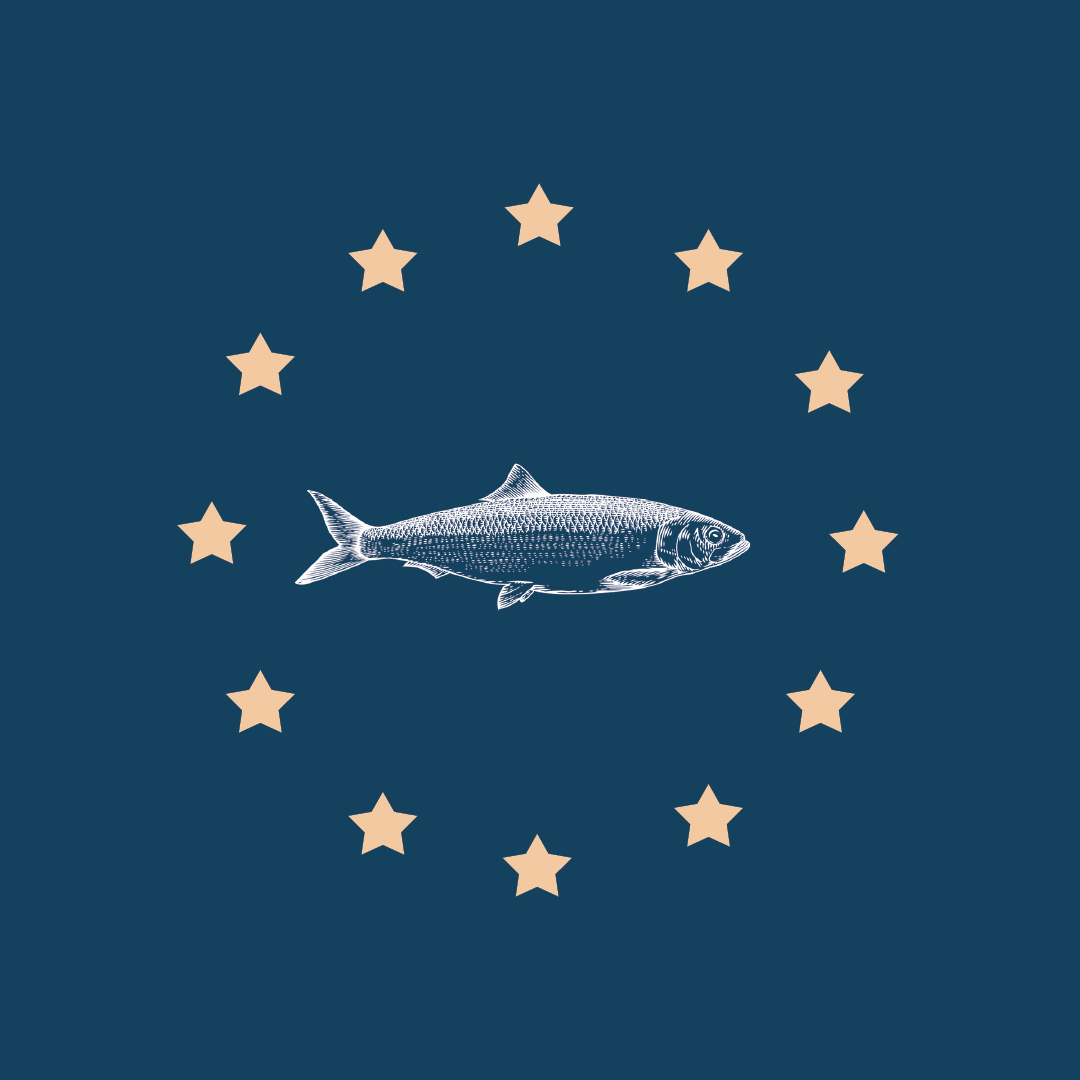Last year’s decision on fishing quotas for 2024 has received significant attention from environmental organisations, the media, the public and politicians. The decision, which allowed continued targeted fishing for herring in the Baltic Sea, went against the recommendations of the International Council for the Exploration of the Sea (ICES) and the European Commission’s original proposal.
– Last year’s quota process was in many ways unique – the quotas initially looked like they might end up in favor of the Baltic Sea environment and fish stocks, but it took a sharp turn when the Council of Ministers met last October. The development of herring is alarming and is at critical levels. If it collapses like the Baltic cod, this could lead to one of the biggest environmental disasters in the sea’s history,” says Frida Tornberg, writer and content producer at BalticWaters.
To analyse how the Council of Ministers could decide to continue fishing on stocks on the brink of collapse, BalticWaters asked David Langlet, Professor of Environmental Law at Uppsala University, to review the legal sources surrounding the EU fisheries policy and assess whether the Council of Ministers had the legal right to make the decision they did. The assessment suggests that the Council of Ministers has not acted within its powers and that financial gain for a few actors has been prioritised over fish populations, the Baltic Sea environment – and now the law.
– This shows that politicians are not taking the situation seriously, and the sea will not be saved by merely removing or rewriting laws that exist to protect our common natural resources, natural values, and the marine environment,” says Konrad Stralka, CEO of BalticWaters.
In this report, “Are EU fisheries ministers breaking the law?”, you will discover the laws and regulations governing the EU’s fisheries policy and analyse how decisions by the Council of Ministers contravene several key legal principles that should guide the management of fisheries in the Baltic Sea.

